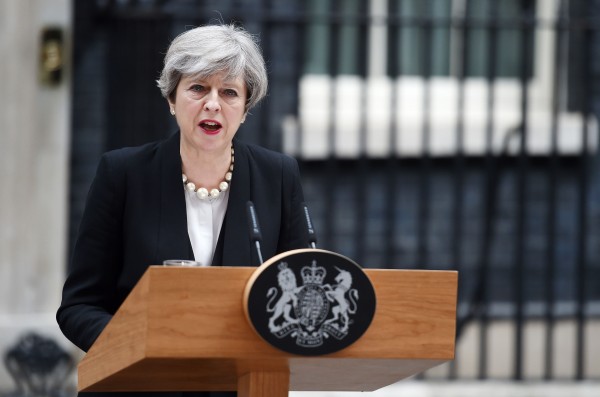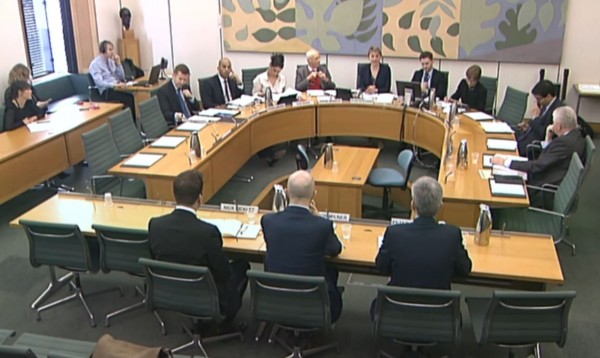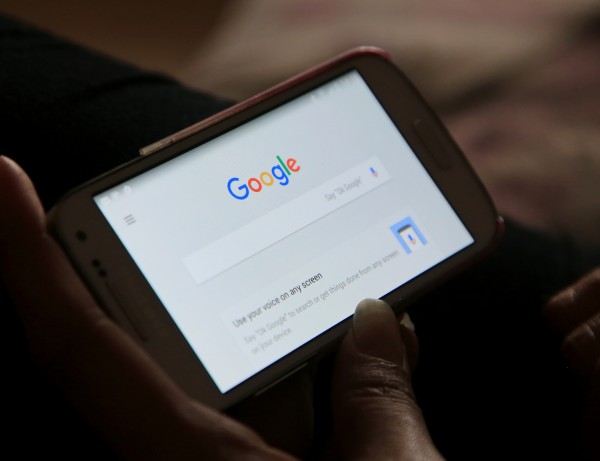
Theresa May is urging the world’s leading industrial nations to come together to pressure tech giants like Google, Twitter and Facebook to remove “harmful” extremist content from the internet.
Days after the Manchester bomb attack, the Prime Minister will seek to focus on the online threat from violent extremists when she chairs a session on counter-terrorism at the G7 summit in Taormina in Sicily, Italy, on Friday.

A senior Government official said she would be coming forward with a series of proposals for members to strengthen their hand by adopting a common approach to dealing with the industry.
While Mrs May will acknowledge the industry has been taking action to remove extremist content, she will say they have not gone far enough and need to do more.
She will argue that as Islamic State loses ground in its heartlands in Iraq and Syria, the threat from extremism is “evolving rather than disappearing”, with the fight moving from “the battlefield to the internet”.

“This sort of material being on the internet is obviously harmful. It has in the past been linked to acts of violence and
the less of this material that is on the internet, that is clearly for the better,” one official said.
The move reflects frustration among the security services at the way the internet continues to be used by violent jihadis to radicalise young people – and has been used as a recruitment tool by Islamic State to enlist them to join its ranks in Syria.
There are further concerns that detailed terror manuals – including instructions on how to build a homemade bomb – remain freely available online, even after the tech companies have been alerted to them.
A recent report by the Commons Home Affairs Committee warned that there was “a great deal of evidence” that these platforms
were being used to spread “hate, abuse and extremism”.

“That trend continues to grow at an alarming rate but it remains unchecked and, even where it is illegal, largely unpoliced. The evidence suggests that the problem is getting worse,” it said.
The Prime Minister will say the industry has a “social responsibility” to take down harmful content and will call for the creation of an “international industry-led forum” to work through the issues.
Among the specific proposals, she will say companies should be encouraged to develop tools which automatically identify and remove harmful material based on what it contains and who posted it.
Mrs May will say companies need to block users who post extremist content and inform the relevant authorities when they identify harmful content so appropriate action can be taken.

She will also call for industry guidelines to be revised by the tech companies to make absolutely clear what constitutes harmful material, with those that fail to do so being held to account.
But with most of the companies based in the United States, it is unclear how far she will be able to enlist the support of President Donald Trump for her agenda.
In response, Google said it was “committed” to creating an international forum designed to tackle extreme content appearing online.
The internet company has said it will continue to invest in “fighting abuse” on its own services.

“We are committed to working in partnership with governments and NGOs to tackle these challenging and complex problems, and share the government’s commitment to ensuring terrorists do not have a voice online,” a Google spokeswoman said.
“We are already working with industry colleagues on plans for an international forum to help accelerate and strengthen our existing work in this area.
“We employ thousands of people and invest hundreds of millions of pounds to fight abuse on our platforms, and will continue investing and adapting to ensure we are part of the solution to addressing these challenges.”